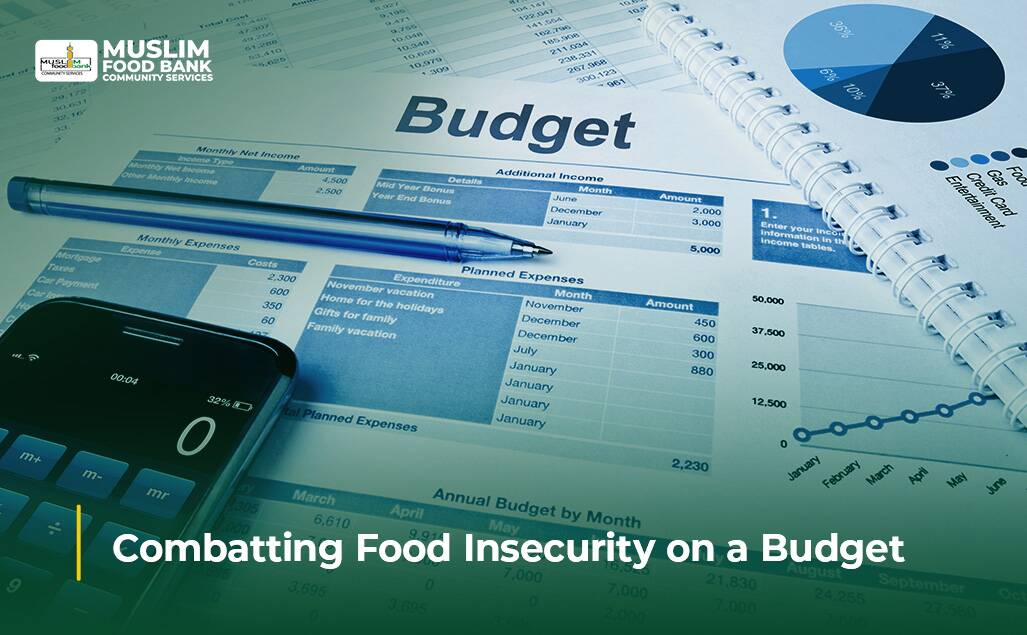Donating to charities is a great way to give back to the community while benefiting from tax deductions. In Canada, charitable contributions come with generous federal and provincial tax credits, helping you reduce your tax burden.
Therefore, understanding how much your donation is tax-deductible can help you maximize these benefits while supporting the most important causes.
What are the Criteria for Taxation of Charitable Organizations in Canada?
Here are the specific criteria the Canada Revenue Agency (CRA) sets to be eligible for tax deductions. Here are the key requirements:
1. Registered Charities
Only registered charities can issue tax receipts that donors can use to claim tax credits. These organizations must be approved by the CRA and appear on the list of registered charities maintained by the agency.
2. Eligible Charitable Purposes
To qualify for registration, a charity must serve a charitable purpose recognized by Canadian law. These purposes include:
- Relief of poverty
- Advancement of education
- Advancement of religion
- Other purposes that benefit the community in ways recognized as charitable (e.g., health promotion, environmental protection)
3. Issuing Donation Receipts
Charitable organizations must provide official receipts for donations made to them. These receipts must include specific information like the charity’s registration number, the eligible amounts of gifts, and the donor’s information. Without these receipts, donors cannot claim charitable donation tax credits.
4. Donations Must Be Voluntary
Only gifts or donations given freely and without return are eligible for tax deductions. If the donor receives something in return, the charity must account for this and adjust the eligible amount accordingly.
5. Monetary and In-Kind Donations
Donations can be in the form of cash or property (such as stocks or other assets). Contributions of publicly listed securities may offer additional tax benefits, such as avoiding capital gains tax.
6. Limits on Tax Deductions
Individuals can claim donations up to 75% of their net income for the year. Any excess can be carried forward for up to five years.
7. Spousal or Common-Law Partner Donations
Donations made by one spouse or common-law partner can be combined with the other for tax purposes. This strategy can help maximize the tax benefits when combining donations, which might result in higher credits.
8. Donations to Foreign Charities
In most cases, donations to foreign charities are not eligible for tax deductions in Canada. However, some foreign charities that have entered into specific agreements with the Canadian government may be eligible.
How much Charitable Donation is Tax-deducatable in Canada?
In Canada, making a charitable donation not only supports worthy causes but also offers valuable tax deductions. Here’s a guide on how much of a charitable donation is tax-deductible and what to consider when filing your tax returns.
Federal Tax Credit
You’re eligible for a federal tax credit when you claim charitable donations. For the first $200 of your eligible gifts, you can claim a 15% credit. For amounts above $200, the federal tax credit increases to 29%, reducing the amount you owe to the Canada Revenue Agency (CRA).
Provincial and Territorial Tax Credit
Your tax and benefit return also includes provincial or territorial charitable donation tax credits, which vary based on where you live. The credits range from 4% to 25% and can reduce your taxes significantly when combined with the federal ones. This means the total amount you can deduct may be as high as 49%, depending on your location.
Total Impact
Combining federal and provincial tax credits can lead to considerable tax savings. For example, the total amount you can receive back depends on how much you donate and where you live. These charitable donation tax credits help reduce the income tax and benefit owed on your tax returns.
Claim Limits and Carrying Forward
You can claim up to a limit of 75% of your net income for the year in charitable donations. If your donations exceed this limit, you can carry them forward and claim the excess over multiple years for up to five years. For most people, this allows for a flexible approach to charitable giving without losing the potential tax benefit.
Donation Receipts and Asset Contributions
To qualify for these charitable donation tax credits, the organization must be a registered charity that issues official donation receipts. Additionally, donating appreciated assets like stocks or mutual funds can allow you to avoid capital gains taxes, maximizing your tax deductions.
Spousal or Common-Law Claims
You or your spouse or common-law partner can claim donations on your income tax and benefit forms. This is important, as combining donations between partners can often lead to larger refundable tax credits. Report these donations on line 34900 of your tax and benefit return to ensure proper filing.
Conclusion
By donating to registered charities, you can make a significant impact while also benefitting from generous federal and provincial charitable donation tax credits. Remember to keep your receipts; you can carry them forward and claim unused credits on future tax filings.
Consider donating to the Muslim Food Bank and Community Services. Your gift makes a real difference and provides you with valuable tax advantages.
Frequently Asked Questions:
1. What’s the difference between claiming charitable donations and a tax deduction?
In Canada, donations provide a tax credit, not a deduction. A tax deduction lowers your taxable income, while a tax credit directly reduces the amount of tax you owe. The federal tax credit for charitable donations can be combined with provincial credits for a greater benefit.
2. Can you deduct charitable contributions to Canada?
In Canada, charitable donations are eligible for tax credits rather than deductions. Donations must be made to a registered charity that issues an official donation receipt to claim these credits. Both federal and provincial credits are available, depending on your province.
3. How much must you donate to get a tax receipt in Canada?
Charities generally issue official donation receipts for donations of any amount, though some may set a minimum, like $10 or $20, to cover administrative costs. However, the donation must be made to a registered charity for the receipt to be valid for tax credit claims.
4. Are charitable donations tax-deductible for corporations in Canada?
Yes, corporations in Canada can claim tax deductions for charitable donations. The deduction reduces the corporation’s taxable income up to a limit of 75% of the corporation’s net income for the year. Donations must be made to registered charities.
5. How far back can I claim charitable donations in Canada?
You can claim donations from the current year or carry forward unused charitable donations for up to five years. This allows flexibility if the total donation exceeds the yearly limit of 75% of net income.
6. What happens if I donate non-cash gifts, such as property or artwork?
Donations of property or other non-cash gifts can be eligible for tax credits based on their fair market value. However, you must obtain an appraisal to determine the eligible amount. The CRA may have additional requirements for verifying the value of such donations.
7. What should I do if I don’t receive an official donation receipt?
To claim charitable donation tax credits, you need an official donation receipt from the charity, including the charity’s registration number, donation amount, and other details. If you haven’t received one, contact the charity directly to request it.




























































